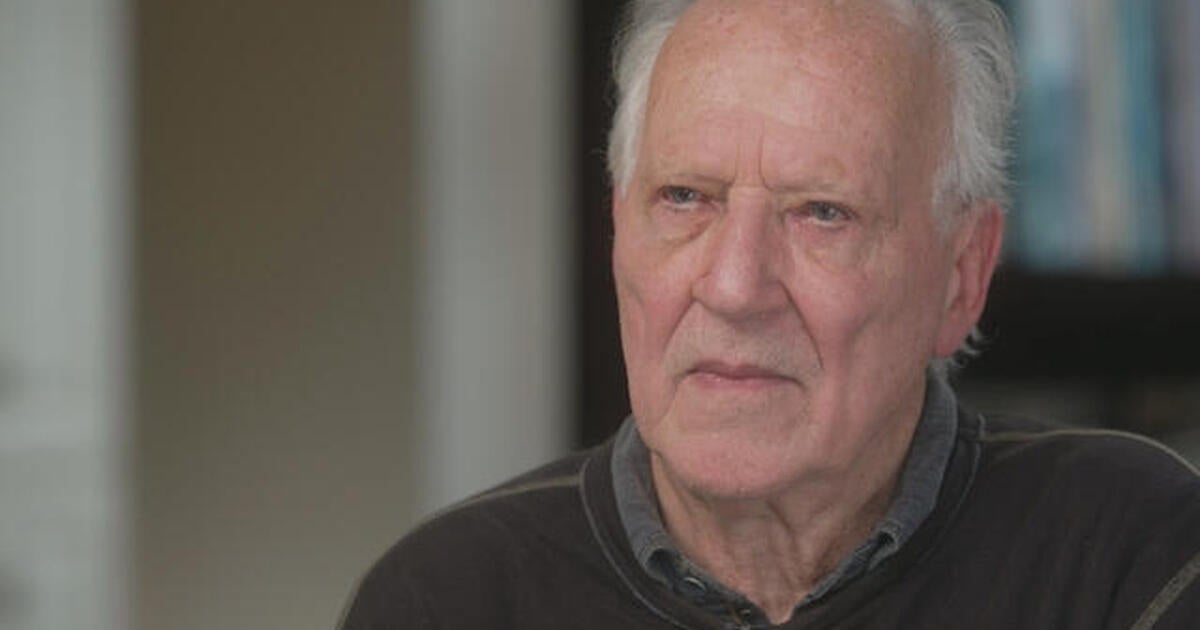Unveiling the Visionary: Werner Herzog and His Unique Perspective on Storytelling
In a recent captivating interview with the renowned filmmaker Werner Herzog, audiences were granted a rare glimpse into the mind of a cinematic genius. The discussion, which spanned an impressive 60 minutes, touched on various themes integral to Herzog’s work, including creativity, the human experience, and the inherent challenges of storytelling. As one of the most influential directors in the history of cinema, Herzog’s insights are invaluable, offering a profound understanding of not just filmmaking, but of life itself.
Exploring Creativity through Herzog’s Lens
Herzog has long been celebrated for his unique approach to creativity. His films often blur the lines between fiction and documentary, challenging audiences to reconsider their perceptions of reality. In the interview, Herzog articulated that creativity often arises from discomfort and struggle. He stated, “The creative process is not a comfortable one; it is fraught with challenges that compel us to dig deeper into our own experiences.”
This perspective resonates strongly with emerging filmmakers and artists. Herzog’s belief that true art emerges from adversity encourages creators to embrace their struggles rather than shy away from them. He often draws inspiration from real-life events and human emotions, leading to compelling narratives that resonate with audiences on a profound level.
The Human Experience as a Central Theme
One of the standout elements of Herzog’s work is his unwavering focus on the human experience. Whether he’s exploring the depths of the Amazon rainforest in “Fitzcarraldo” or the stark landscapes of Antarctica in “Encounters at the End of the World,” Herzog places humanity at the forefront of his narratives. During the interview, he remarked, “The essence of storytelling lies in our ability to connect with the human condition. It is about understanding our fears, desires, and the existential questions that plague us.”
Herzog’s films often tackle themes of isolation, ambition, and the search for meaning, providing viewers with a mirror through which they can examine their lives. His willingness to confront uncomfortable truths about humanity has earned him both acclaim and criticism, but it is precisely this boldness that makes his stories resonate.
The Challenges of Storytelling
Throughout the interview, Herzog candidly discussed the numerous challenges that filmmakers face when telling a story. He highlighted that the very act of storytelling is laden with obstacles, from securing funding to managing creative differences. “Every film is a negotiation with reality,” he stated, emphasizing that filmmakers must navigate both the artistic and logistical aspects of production.
Herzog’s experiences are a testament to the perseverance required in the film industry. His journey has not been without setbacks; however, he views these challenges as integral to the storytelling process. He urged aspiring filmmakers to remain steadfast in their vision, stating, “Never lose sight of what you want to say. The world needs your voice.”
Herzog’s Unique Approach to Documentaries
One of Herzog’s most distinctive contributions to cinema is his approach to documentary filmmaking. Unlike traditional documentarians who often prioritize factual accuracy, Herzog embraces the subjective nature of storytelling. He believes that a documentary can be as imaginative as a fiction film, allowing for creative interpretations of reality.
In the interview, he described his documentary style as “ecstatic truth,” a concept that transcends mere facts to capture the emotional and spiritual essence of a subject. This philosophy is evident in works like “Grizzly Man,” where Herzog intertwines the tragic fate of Timothy Treadwell with broader themes of nature and humanity.
- Ecstatic Truth: Herzog’s approach aims to evoke deeper emotions rather than just present factual accounts.
- Subjectivity in Storytelling: He encourages filmmakers to weave personal interpretations into their documentaries.
- Blurring Genres: By blending fiction and documentary styles, Herzog creates a unique cinematic experience.
Legacy and Influence on Future Generations
Werner Herzog’s influence on cinema cannot be overstated. With a career spanning over five decades, he has inspired countless filmmakers and artists around the globe. His willingness to explore the darker sides of humanity and the natural world has paved the way for a new generation of storytellers who prioritize authenticity and depth in their narratives.
In the interview, Herzog expressed his hope for the future of cinema, stating, “I believe that the next wave of filmmakers will continue to push boundaries and explore the complexities of the human experience.” His faith in the power of storytelling to effect change and provoke thought underscores his commitment to the art form.
Conclusion: Embracing the Challenge of Creativity
Werner Herzog’s insights from the exclusive 60-minute interview provide a profound understanding of the creative process and the challenges of storytelling. His unique perspective on the human experience, combined with his candid discussions about the difficulties of filmmaking, serves as both inspiration and guidance for aspiring artists.
As audiences continue to engage with Herzog’s work, they are reminded of the power of storytelling to connect us all. His belief that creativity thrives in adversity encourages creators to embrace their struggles and to share their unique voices with the world. Ultimately, Herzog’s legacy as a visionary filmmaker will continue to shape the landscape of cinema for generations to come.
See more CNET Live

